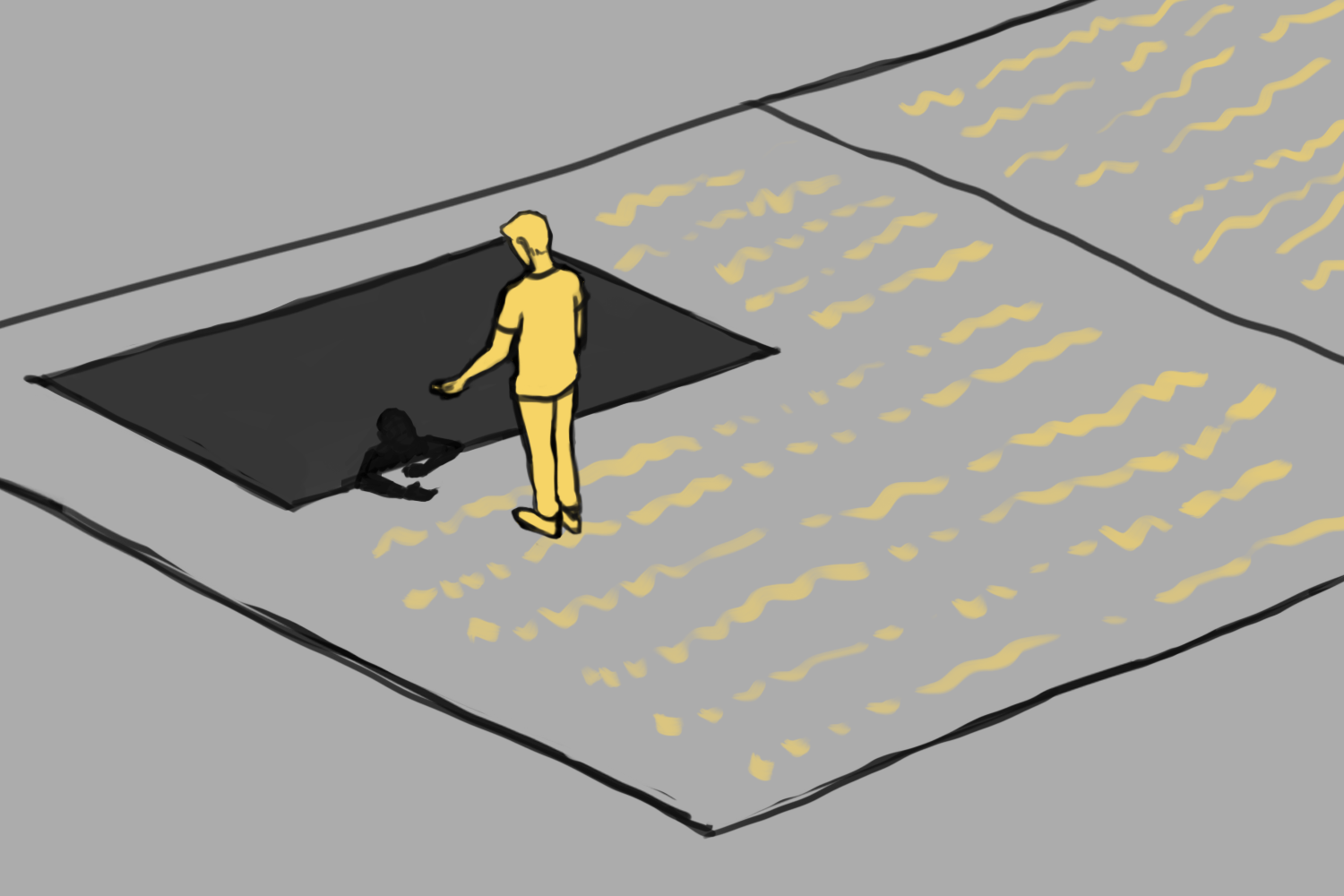Talking about your mental health can be a scary thing, but some mental health reads can make your transition into opening up about it easier. There are countless stories that people have shared and articles clustered throughout the internet that talk about the rising rate of mental illness.
Mental health affects everyone in some shape or form. You don’t have to be diagnosed with a mental illness to work on your mental health. If you don’t feel comfortable talking about it with someone else yet, reading about the struggles that people face can help lessen the stigma over mental health.
Below are some key mental health reads for your mental health needs.
1.“Everyone Is Going Through Something” by Kevin Love
Kevin Love is a basketball player on the Cleveland Cavaliers who won an NBA Championship in 2016. Love has even won an Olympic gold medal while playing for USA’s basketball team. Although being on top might appear to be a magnificent thing, Love struggled with a panic attack at one of his competitions and talks about it in his personal essay for The Players’ Tribune.

In Love’s thought-provoking essay, the idea of “being a man” and hiding your emotions has been ingrained in him throughout his life. At the time, he had no idea why he had a panic attack. When Love met with a therapist, he realized that he was worried more about the difficulty of talking about his struggles than knowing that they were there. Love found that he didn’t really know himself until he came face to face with his inner battle.
What is important to note about Love’s piece is that the hardest part of his journey to talk about his mental health was to admit that he needed help. This is a feeling many people share, as they may feel embarrassed to go seek help because they are seen as weak, when in fact, they should be seen as strong. By telling his story, Love has opened up the doors for not just athletes, but everyone by showing that there is more strength in seeking help than hiding your struggles inside.
2.“What Nobody Tells You About Self-Care” by Mawiyah Patten
Most mental health reads can be very saddening, but Mawiyah Patten writes a witty, yet informative story on the importance of self-care to improve your mental health. Patten has depression, but doesn’t seem to dwell on it so much or let her mental illness define who she is. She goes straight to the point in talking about how self-care may seem like a burden, but actually helps you feel better about yourself down the road.
Patten writes about taking care of your physical health, relationships, basic needs and staying true to yourself by seeking the help that you need. Her ideas are in line with every human mind about staying proactive. I might complain about going to the doctor’s office for a check-up because that involves booking an appointment and actually traveling there.
However, I know at the end of the day that seeing a doctor once a year is probably the best thing for me. Understanding that self-care is of great importance even though you might not enjoy it is the essence of Patten’s piece. She makes clear that no matter where you are in life self-care is a difficult thing to do, but your mental health will thank you in the end.
3. “In dark times, we need heroes – this one is a raccoon” by Hannah Jane Parkinson
Guardian columnist Hannah Jane Parkinson wrote an insightful op-ed in embracing the good news stories over the negative ones. Social media is a part of everyone’s life, and Parkinson’s is no exception. Although online engagement is seen as distancing relationships, Parkinson takes another advantageous angle at the media platforms available in support of our mental well-being.

Social media engagement for positive news stories causes “elevation” in people to do good in their lives. On the other hand, negative stories can lead to heightened feelings of anxiety and depression. Being aware of the news is a good thing.
However, when the news is cluttered with darkness about the imminent trade war and the boiling political climate, it is nice to have a little laugh at a cat video or people helping others to realign ourselves to see the good in life.
4.“Depression is not the same as having a bad day” by Sam
Personal stories are powerful mental health reads because the people reading them can relate to a real person and feel better knowing that they are not alone. Sam’s story, written for the Time to Change organization, aims to eliminate the confusion between depression and sadness. People frequently use the word depression to communicate that they’re having a horrible day, but Sam writes that these people shut him down when he was dealing with depression.
Additionally, there is a perception that people with depression stay hidden indoors, but this isn’t the case for Sam. On the surface, Sam loves the outdoors and joking around with his friends, but that is to compensate for the dark emotions that are built up inside of him.
Sam’s story explains that mental illness is completely hidden from others out of fear that they will get rejected by people around them. People need to look further into a person and realize that the struggle with mental illness is not worn on people’s sleeves, but are burrowed beneath their flesh.
5.“Please Hear What I’m Not Saying” by Charles C. Finn
Out of all the mental health reads, Charles C. Finn’s 1966 poem is the most moving piece to get across the message of mental health awareness. Even though the poem was written more than 50 years ago, it is extremely relevant in today’s society where talking about our struggles is in itself a struggle.
Finn speaks about how all of his inner battles are never revealed to anyone. He wears a mask to hide his darkest feelings from the rest of the world, but he doesn’t want this. He wants to be true to himself, but needs people’s support to help get him there. Finn powerfully depicts cries for help inside the prison walls that people build up as a defense mechanism to prevent these thoughts from being released.
Finn’s main objective is to show that chipping away at people’s barriers is the one way that they will open up. Getting to truly know the people around you, proves that everyone struggles with something different.

















